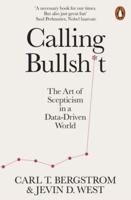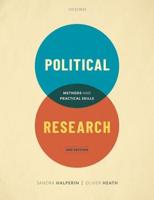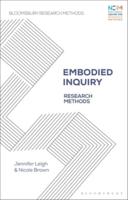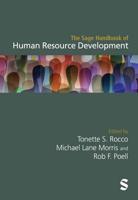Publisher's Synopsis
This comprehensive Handbook provides a critical and analytical guide to the application of interdisciplinary research methods in EU law and explores the advancement of the EU legal landscape from an interdisciplinary research perspective. Venturing beyond doctrinal legal scholarship, it reflects on the cognitive synergies between EU law and other disciplines, and advances the debate on contemporary trends in EU law research.
Bringing together a carefully selected group of expert authors, this Handbook surveys the ways in which studying and researching EU law has become an increasingly integrative endeavour. It presents key insights from fields traditionally associated with EU law, including history, economics and political science, but also disciplines traditionally less explored by EU lawyers, such as literature, social psychology and data science, thereby offering novel perspectives and epistemological tools that enrich our understanding of the EU and its laws. Showcasing the variety of research questions and methods advancing EU law studies, it provides a systematisation of the diverse approaches to studying the legal order of the EU.
Interdisciplinary Research Methods in EU Law is essential reading for researchers, academics and graduate students of European law and politics, and for those interested in research methods in law. Think tanks, research institutes and practitioners of EU law and related areas will equally benefit from the applied nature of the text.










